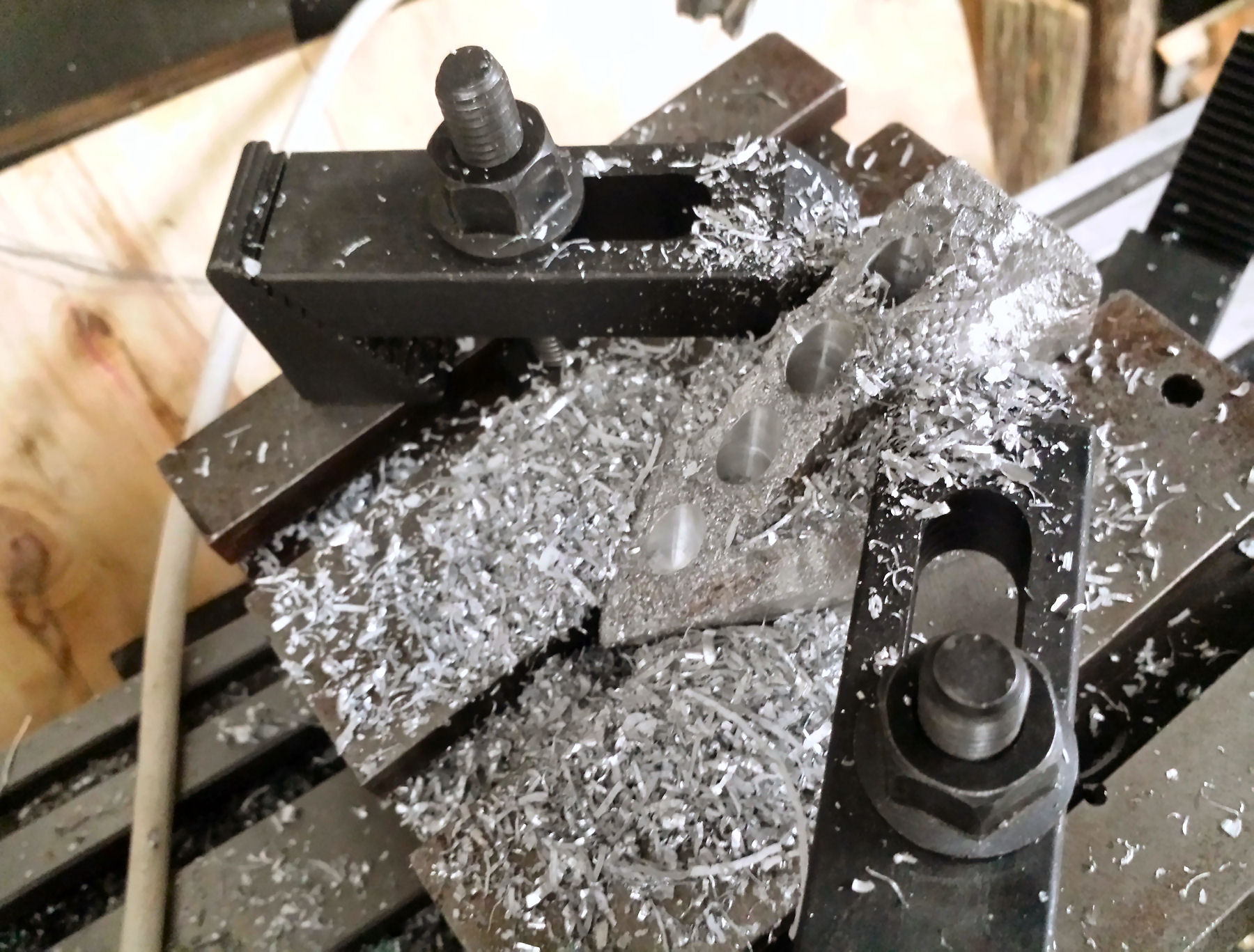About Alcast Company
About Alcast Company
Blog Article
The Basic Principles Of Alcast Company
Table of ContentsThe 9-Minute Rule for Alcast CompanyUnknown Facts About Alcast CompanySome Known Facts About Alcast Company.The smart Trick of Alcast Company That Nobody is Talking AboutAn Unbiased View of Alcast CompanySome Ideas on Alcast Company You Need To Know
The subtle difference hinges on the chemical material. Chemical Comparison of Cast Light weight aluminum Alloys Silicon promotes castability by decreasing the alloy's melting temperature and improving fluidity during casting. It plays an essential duty in permitting intricate molds to be loaded accurately. Additionally, silicon adds to the alloy's toughness and wear resistance, making it important in applications where sturdiness is vital, such as automotive parts and engine parts.It also improves the machinability of the alloy, making it much easier to refine right into finished items. In this method, iron contributes to the overall workability of light weight aluminum alloys. Copper boosts electrical conductivity, making it beneficial in electric applications. It likewise enhances deterioration resistance and contributes to the alloy's overall toughness.
Manganese adds to the strength of aluminum alloys and improves workability. Magnesium is a lightweight component that provides stamina and influence resistance to aluminum alloys.
The Ultimate Guide To Alcast Company
It permits the production of lightweight parts with outstanding mechanical homes. Zinc improves the castability of light weight aluminum alloys and assists control the solidification process throughout spreading. It boosts the alloy's strength and hardness. It is frequently discovered in applications where detailed forms and fine information are necessary, such as decorative castings and certain automobile parts.

The key thermal conductivity, tensile strength, yield toughness, and prolongation vary. Select ideal raw products according to the efficiency of the target product generated. Among the above alloys, A356 has the highest possible thermal conductivity, and A380 and ADC12 have the most affordable. The tensile restriction is the opposite. A360 has the very best yield toughness and the highest possible prolongation price.
The Buzz on Alcast Company

In accuracy spreading, 6063 is fit for applications where detailed geometries and high-quality surface finishes are paramount. Examples include telecommunication enclosures, where the alloy's superior formability permits smooth and cosmetically pleasing designs while preserving structural integrity. Similarly, in the Lighting Solutions market, precision-cast 6063 components create classy and efficient lights components that need elaborate shapes and good thermal efficiency.
The A360 displays exceptional prolongation, making it optimal for complex and thin-walled elements. In accuracy casting applications, A360 is appropriate for sectors such as Customer Electronics, Telecommunication, and Power Tools.
The Only Guide for Alcast Company
Its distinct buildings make A360 a useful choice for precision casting in these markets, enhancing item toughness and high quality. Aluminum Casting. Light weight aluminum alloy 380, or A380, is a commonly used spreading alloy with several distinct attributes.
In precision spreading, aluminum 413 shines in the Customer Electronic Devices and Power Tools sectors. It's commonly used to craft complex parts like mobile phone real estates, video camera bodies, and power device coverings. Its accuracy is impressive, with tight tolerances up to 0.01 mm, making sure remarkable item assembly. This alloy's remarkable corrosion resistance makes it a superb choice for exterior applications, ensuring resilient, durable products in the pointed out industries.
The 3-Minute Rule for Alcast Company
The light weight aluminum alloy you select will significantly impact both the spreading process and the residential properties of the final item. Since of this, you should make your decision carefully and take an educated approach.
Identifying the most appropriate aluminum alloy for your application will certainly imply weighing a large array of characteristics. These relative alloy qualities adhere to the North American Die Spreading Association's standards, and we've separated them into two groups. The very first group addresses alloy attributes that affect the production process. The 2nd covers characteristics influencing the residential properties of the final product.
Our Alcast Company Statements
The alloy you choose for die spreading directly impacts a number of aspects of see page the casting procedure, like just how very easy the alloy is to collaborate with and if it is vulnerable to casting problems. Warm breaking, also called solidification cracking, is a common die casting defect for aluminum alloys that can lead to internal or surface-level tears or splits.
Specific light weight aluminum alloys are more prone to hot splitting than others, and your choice ought to consider this. Another common problem found in the die spreading of light weight aluminum is pass away soldering, which is when the cast sticks to the die wall surfaces and makes ejection hard. It can harm both the cast and the die, so you should seek alloys with high anti-soldering homes.
Deterioration resistance, which is already a significant attribute of aluminum, can differ substantially from alloy to alloy and is a crucial characteristic to take into consideration depending upon the environmental conditions your item will be subjected to (Casting Foundry). Use resistance is another property commonly looked for in aluminum products and can separate some alloys
Report this page